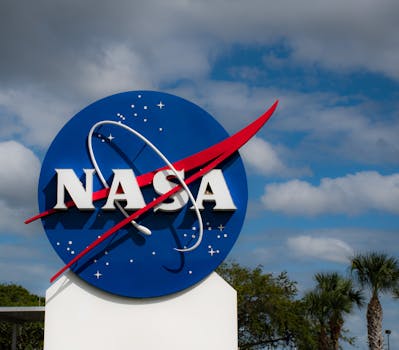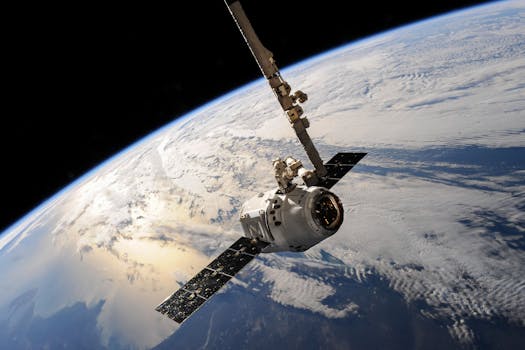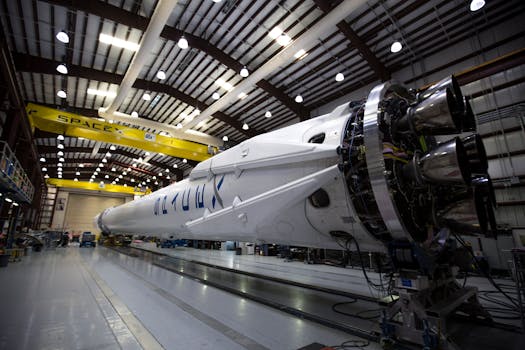Satellite Launch Missions and Their Impact on Space Exploration

Satellite Launch Missions and Their Impact on Space Exploration
Satellite launch missions have been a crucial component of space exploration, allowing us to study the universe, communicate globally, and navigate with precision. Satellite launch missions have become increasingly important in recent years, with both government agencies and private companies launching numerous satellites into space. In this article, we will explore the world of satellite launch missions and their profound impact on space exploration.
History of Satellite Launch Missions

The first satellite, Sputnik 1, was launched by the Soviet Union in 1957, marking the beginning of the space age. Since then, numerous satellite launch missions have been conducted, with notable achievements including the launch of the first commercial satellite, Intelsat 1, in 1965, and the deployment of the Global Positioning System (GPS) constellation in the 1980s. Today, there are over 5,000 satellites in orbit around the Earth, with many more scheduled to be launched in the coming years.
Types of Satellite Launch Missions

There are several types of satellite launch missions, each with its own unique objectives and requirements. Some of the most common types of satellite launch missions include:
- Communication satellites: These satellites are designed to facilitate global communication, providing services such as television broadcasting, telephone connectivity, and internet access.
- Navigation satellites: These satellites are used for navigation and mapping, providing location information and timing signals to GPS receivers on the ground.
- Earth observation satellites: These satellites are used to study the Earth’s environment, monitoring factors such as weather patterns, ocean currents, and land use.
- Space exploration satellites: These satellites are used to study the universe, exploring distant planets, stars, and galaxies.
Impact of Satellite Launch Missions on Space Exploration

Satellite launch missions have had a profound impact on space exploration, enabling us to study the universe, communicate globally, and navigate with precision. Some of the key benefits of satellite launch missions include:
- Improved communication: Satellite launch missions have enabled global communication, connecting people and communities around the world.
- Enhanced navigation: Satellite launch missions have enabled precise navigation, providing location information and timing signals to GPS receivers on the ground.
- Increased scientific knowledge: Satellite launch missions have enabled us to study the universe, exploring distant planets, stars, and galaxies.
- Economic benefits: Satellite launch missions have enabled numerous commercial applications, including television broadcasting, telephone connectivity, and internet access.
Conclusion

In conclusion, satellite launch missions have revolutionized space exploration, enabling us to study the universe, communicate globally, and navigate with precision. As technology continues to advance, we can expect to see even more innovative satellite launch missions in the future, further expanding our understanding of the universe and improving our daily lives.



